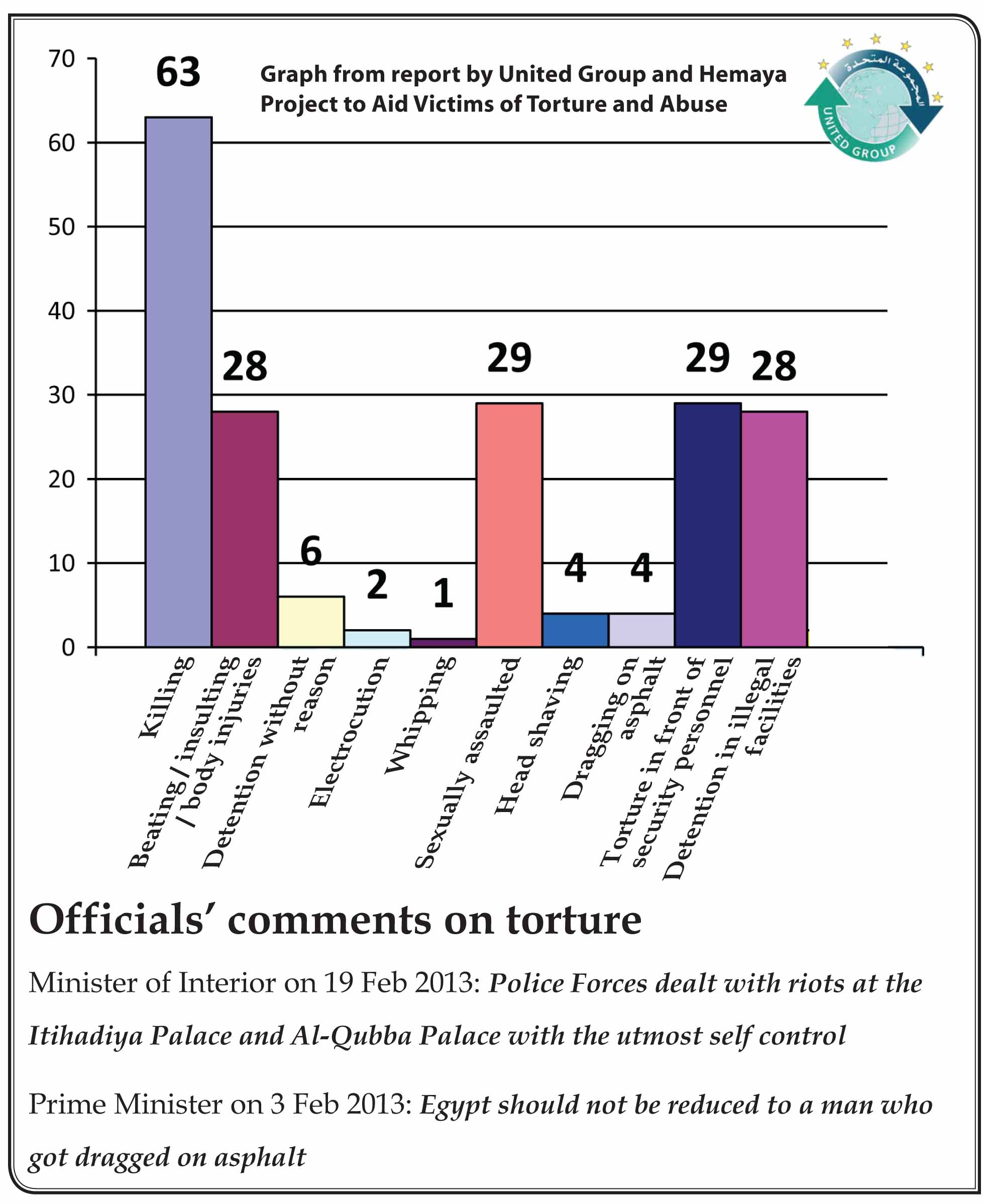Turkish authorities have filed an anti-dumping suit against polypropylene film exports from Egypt, Saudi Arabia, India, and China, Chemical & Fertilisers Export Council member Magdy Abu Fath said on Tuesday. He added that this decision has taken into consideration the political situation.
Abu Fath claimed that Egypt’s production of polypropylene amounts to 432,000 tonnes, which represents a small amount that does not pose a threat to local Turkish production. Studies will also be conducted on technical lapses on Turkey’s part as well as a comparison of the prices of Egyptian products compared to the cost of their production.
Chairman of the Chemical & Fertilisers Export Council Waleed Helal confirmed the existence of an Egyptian export crisis. The situation has particularly affected chemical exports as a result of political circumstances in the Arab world, stating that exports to the markets of Libya, Iraq, Syria, Tunisia, and Yemen have ceased, in addition to Turkey, which alone accounts for one-fourth of the Egyptian chemical exports.
Helal expressed his concern over the challenges faced by exports in Egypt, adding that it is important to look for alternative markets like Russia, following the agreement between the Egyptian and the Russian parties on the importance of encouraging trading and economic relations between the countries.
During a meeting of the Chemical & Fertilisers Export Council held on Sunday Helal stated that, although chemical exports represent Egypt’s most important exports over the past eight years, as they have generated only EGP 20bn in revenues over the first eight months of 2014, it will be impossible for Egyptian chemical exports to achieve the targeted EGP 33bn in profits.
He said that chemical exports declined by 3% between January and August of this year, while the chemical exports growth rate declined by 16% in August 2014 compared to the same month in 2013.
Helal stated that fertiliser exports have declined by 25%, as the industry struggles to cope with a shortage of natural gas supplies to fertiliser factories.
On the other hand, Helal stated that the council is undertaking studies on the negative impacts of failing to renew the RO-RO agreement on sector exports between Egypt and Turkey next April, adding that the Turkish market accounts for 25% and EGP 3bn of council exports and failure to renew the agreement will result in a series of punitive measures from Turkey.
According to Ahmed Hendy, executive director of the council, the decline in exports of fertiliser exports is expected to decline further throughout 2015-2016 unless the issues affecting this sector are solved.
However, Sherif El Zayat, a council member, took an opposing view, stating his expectations of a recovery in fertiliser exports in the near future. He mentioned that meetings held with the Minister of Petroleum have focused on increasing the amount of gas supplied to fertiliser factories to reach around 75% by the end of 2014, in addition to procuring 24 liquid natural gas (LNG) shipments to Ain Sokhna by the start of next year.
El Zayat said that most of Egyptian exporters did not receive subsidies or support for the last 10 months, and council member Iman Khalil revealed that the Export Development Fund is overdrawn by approximately EGP 1.2bn.
In this regard, Helal announced a number of recommendations for injecting new funds to support exports, encourage capital movement, and an increase in the budget of the Export Development Fund to EGP 4bn compared to the current year’s EGP 2.6bn.


